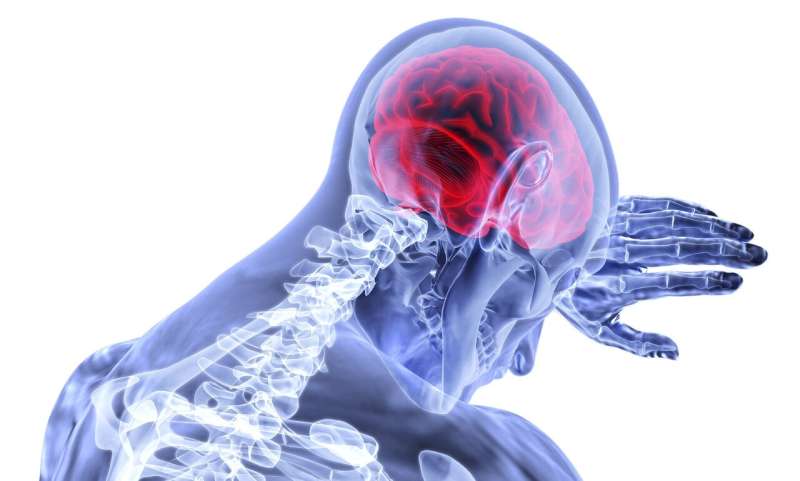Innovations in ACL Graft Techniques for Enhanced Knee Strength

Recent advancements in ACL graft processing and bioreactor cultivation aim to strengthen knee stability and reduce complications after ligament reconstruction. Learn more about this promising research from TU/e.
An anterior cruciate ligament (ACL) injury is a common and serious concern among athletes and active individuals, often leading to long recovery periods and potential complications. Recent research from Eindhoven University of Technology introduces a new approach to ACL grafts aimed at strengthening the knee and reducing post-surgical issues.
Janne Spierings, a researcher at TU/e, has developed a protocol for using decellularized or "bare" grafts in ACL reconstruction. This innovative method involves removing cells from the tendon grafts to prevent immune responses that can weaken the graft over time. The removal process is optimized through a specialized washing protocol and bioreactor cultivation, which supports cell growth and tissue integration.
ACL injuries commonly occur during rapid twisting or cutting movements, especially in sports like soccer, hockey, and handball. The ACL stabilizes the knee by preventing excessive rotation and forward movement of the lower leg. When this ligament tears—characterized by a sudden "pop" sound and pain—it often requires surgical reconstruction with tendons from the patient's own body, such as the hamstring or patellar tendon.
However, current grafts face challenges: their strength diminishes over time, and nearly half of patients develop early osteoarthritis, even at a young age. To address these issues, Spierings designed a simulation model to study how weakening of the graft affects knee mechanics and its potential to cause osteoarthritis.
The new protocol focuses on maintaining the graft’s strength by removing cells that could trigger immune reactions, which traditionally lead to tissue breakdown. Using donor tissue left over from surgery, she also improved the washing process in collaboration with the Maxima Medical Center, cultivating tendons in a dynamic bioreactor that mimics natural stretching, encouraging cell attachment and growth.
Although these developments show promise in laboratory settings, clinical use is still in early stages. The goal is to produce grafts that are stronger, less prone to re-injury, and less likely to cause osteoarthritis, ultimately leading to fewer crutches and more effective knee stability for patients.
Spierings’ work paves the way for personalized rehabilitation and reduced post-operative complications, although further research and trials are needed before these techniques become standard practice.
Source: https://medicalxpress.com/news/2025-06-acl-grafts-stronger-knee.html
Stay Updated with Mia's Feed
Get the latest health & wellness insights delivered straight to your inbox.
Related Articles
Innovative Imaging Reveals Spinal Cord's Role in Bladder Control
A novel USC study using functional ultrasound imaging reveals how the spinal cord controls bladder function, opening new pathways for personalized neurorestoration therapies. Discover how this innovative research could transform treatment for urinary incontinence.
American Heart Association Launches Initiative to Improve Surgical Treatment of Hemorrhagic Stroke
The American Heart Association launches a nationwide initiative to enhance surgical treatment options for hemorrhagic stroke, aiming to reduce mortality and improve recovery outcomes through innovative minimally invasive techniques.
Metabolic Syndrome Elevates Risk of Developing Parkinson's Disease
New research reveals that metabolic syndrome significantly increases the risk of developing Parkinson's disease, emphasizing the importance of metabolic health in neurological well-being.



